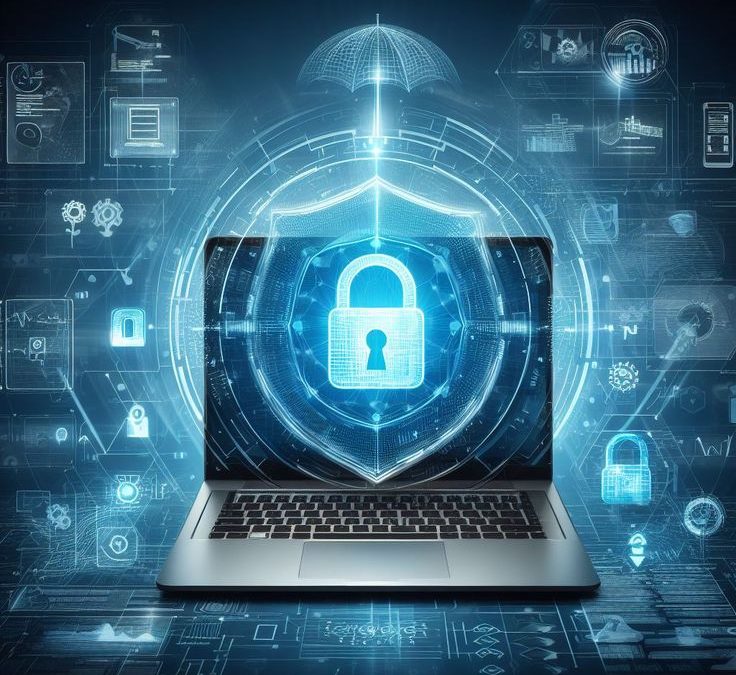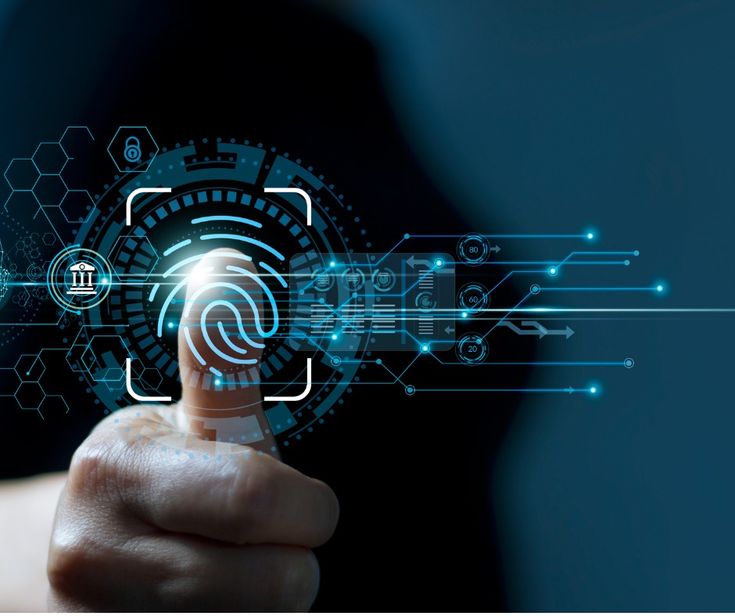Cybersecurity 101: A Beginner’s Guide to Protecting Your Data
In the current digital era, the significance of cybersecurity is paramount.. With increasing threats to personal and organizational data, understanding the basics of cybersecurity is essential for everyone. Whether you’re a small business owner or just someone who wants to protect personal information, this guide will provide you with fundamental strategies and IT solutions to keep your data safe.
What is Cybersecurity?
Cybersecurity involves the practices and technologies designed to protect systems, networks, and data from cyberattacks. It encompasses a variety of measures aimed at preventing unauthorized access, ensuring data integrity, and maintaining the confidentiality of sensitive information. From phishing scams to ransomware attacks, the landscape of cyber threats is constantly evolving, making it crucial for individuals and businesses to stay informed and prepared.
Why Does Cybersecurity Matter?
- Protects Sensitive Information: With the rise in data breaches, safeguarding personal and business information has become a top priority. Cybersecurity helps prevent unauthorized access to sensitive data, such as financial records, personal identification information, and proprietary business information.
- Maintains Business Continuity: Cyberattacks can disrupt operations, leading to significant downtime and loss of revenue. Effective cybersecurity measures ensure that businesses can continue operating without interruption.
- Builds Trust with Customers: Customers are more likely to engage with businesses that prioritize data security. By demonstrating a commitment to cybersecurity, businesses can build trust and strengthen their reputation.
- Compliance with Regulations: Many industries are subject to regulations that require certain cybersecurity measures. Failing to comply can lead to legal repercussions and hefty fines.
Basic Cybersecurity Practices
1. Use Strong Passwords
One of the easiest and most powerful methods to improve cybersecurity is to utilize strong, distinct passwords for each of your accounts. A good password should include:
- At least 12 characters
- A mix of uppercase and lowercase letters
- Numbers
- Special characters
Steer clear of easily guessable details like birthdays or common phrases. Think about using a password manager to create and securely store intricate passwords.
2. Enable Multi-Factor Authentication (MFA)
Multi-factor authentication enhances security by necessitating additional verification beyond just a password to access an account. This typically involves something you know (your password) and something you have (a mobile device or security token). Activating MFA can greatly lower the chances of unauthorized access.
3. Keep Software Updated
Regularly updating your software is crucial for protecting your systems from vulnerabilities. Software updates frequently provide security patches that tackle newly identified vulnerabilities. It’s essential to keep your operating system, applications, and antivirus software consistently updated.
4. Be Wary of Phishing Attacks
Phishing attacks involve deceptive emails or messages that aim to trick you into revealing sensitive information. Always scrutinize emails from unknown senders, and avoid clicking on suspicious links or downloading attachments.Be on the lookout for indicators of phishing, like spelling mistakes or vague salutations.
5. Secure Your Network
Ensure that your home or office network is secure by following these steps:
- Change the default username and password for your router.
- Enable WPA3 encryption for Wi-Fi security.
- Regularly monitor connected devices to identify any unauthorized access.
6. Backup Your Data
Regularly backing up your data is essential for recovering from potential cyberattacks. Store backups in multiple locations, such as an external hard drive and a secure cloud service. This ensures that you can restore your data in case of a ransomware attack or data loss.
IT Solutions for Enhanced Cybersecurity
Investing in IT solutions can significantly bolster your cybersecurity posture. Here are a few options to consider:
1. Managed IT Services
Partnering with a managed IT service provider can provide your business with comprehensive cybersecurity strategies. These professionals can monitor your systems, implement security measures, and respond to threats in real time.
2. Antivirus and Anti-Malware Software
Installing reputable antivirus and anti-malware software is essential for detecting and removing malicious threats. These programs provide an additional layer of protection against viruses, ransomware, and other types of malware.
3. Firewall Protection
A firewall acts as a barrier between your internal network and external threats. It monitors incoming and outgoing traffic and can block unauthorized access. Implementing both hardware and software firewalls can provide robust protection.
4. Security Awareness Training
For businesses, investing in security awareness training for employees is crucial. Training helps staff recognize potential threats and respond appropriately, thereby reducing the risk of human error leading to cyber incidents.
Conclusion: Take Action to Protect Your Data
In conclusion, understanding the basics of cybersecurity is essential for everyone in today’s digital world. By implementing strong passwords, enabling multi-factor authentication, and staying aware of potential threats, you can significantly enhance your data protection efforts. Additionally, investing in reliable IT solutions, such as managed services and security software, can provide the support necessary to safeguard your information.
At Level3MD, we specialize in providing tailored IT solutions designed to protect your business from cyber threats. Contact us today to learn more about how we can help you enhance your cybersecurity measures!


